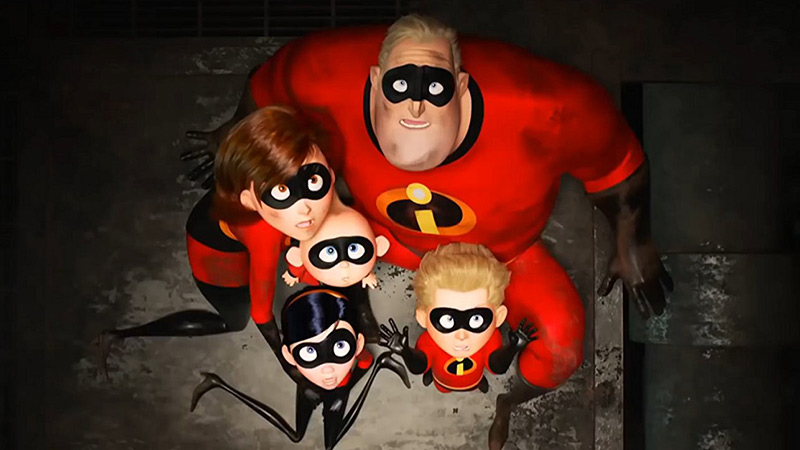Disrupt, politely

Perhaps you’ve been in this following situation I’m about to outline.
I suppose I’ve been there before. I just did not have my wits about me as I’m trying to have now.
Or worse, I never engaged my wits, despite my disagreement, because I didn’t want to ruffle feathers.
So back to the situation ...
You’re at a gathering, and someone there starts to speak up about another who’s not there. For whatever motivation, they start to chip away about the absent person.
Normally, it’s not the most vicious of chipping that arises about the absent person. But it’s just enough of a critique that it chills the climate in the room.
Then often, in the absence of any positivity and the gulf of silence from not wanting ruffled feathers, a second voice jumps in that picks up on the initial person.
It’s the “and-another-thing” moment.
Is it easier to find common ground in what we dislike vs. what we like?
Or is that just the norm of today?
When we built a new America out of World War II, did we have more things that we liked as a society than what we disliked?
I mean sure, we disliked Germany and Japan for awhile, and we had plenty of whites-and-blacks issues in America. So we had coarseness.
But was whatever coarseness offset by the volume of what we liked as a society and that helped fuel a monstrous period of growth?
A couple of years back, those misguided souls over at Facebook even tested us with anger and hate. They fed our newsfeeds with more negative posts than positive posts – just to see what we would do. And what did we do? We acted more negative.
Thanks Facebook.
So back to that situation ...
As a listener in such a setting, a couple of things happen:
It’s possible that you pile on as a second or third voice. You add in your grievances. After all, life is human assimilation. We want to belong, even if it’s negative.
But if you choose not to pile on, then most likely you adopt a frozen look and a nod.
The frozen look is a reaction that stays blank. The nod just seeks to assimilate. Both actions don’t necessarily agree with the negativity, but neither do they get in the way of it.
I’ve found myself wanting to get in the way.
Let’s be clear – it’s not the biggest risk in the world, comparatively speaking. But you risk the moment, you risk becoming the target.
Human Rule: Silence is often safer.
But to politely protest – it’s time.
The first time, I took a breath and just offered that “that person is one of my favorite folks.”
There was a pause.
I was deliberate to not attack the talker’s opinion. I just inserted mine. I was readying for a rebuttal or to get picked on as well. But instead, the topic just dissipated. It ended. A new topic arose and, oddly, it was generic and benign.
Over the next couple of weeks, I had the chance again, and again.
Each time, I offered another view. Again, my opposition was not attacked. And again, we moved on to other things.
I don’t think for a minute it was my opinion that mattered.
I feel it was simply the act of disrupting the path – cause to pause.
Some people are dynamic at such disruption, and are probably thinking “why would you not speak up?”
But I think most folks avoid the chance at conflict.
We’re a silo society.
We may feel more informed, engaged and active as we swipe, text and post our hours away.
But it’s a shaky foundation. Our expanded connections are more like us than not like us.
When those connections are negative, it invites a less tolerable society.
It’s worth disrupting more than ever before – even if it’s just simple conversations.
Todd Franko is editor of The Vindicator. He likes emails about stories and our newspaper. Email him at tfranko@vindy.com. He blogs, too, on vindy.com. Tweet him, too, at @tfranko.
 43
43
